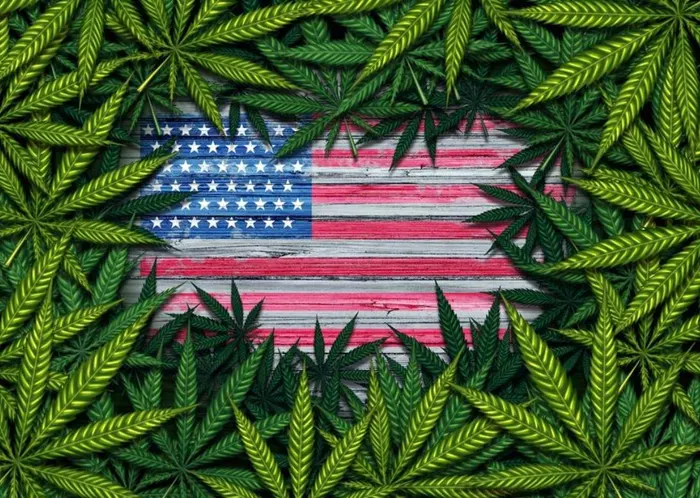Texas officially became the 40th state in the country to allow medical marijuana sales, thanks to an expanded program that went into effect in September.
For years, the Lone Star State had a restrictive medical marijuana market that only allowed for products that contained 1% THC by weight. But in June, Gov. Greg Abbott (R) signed HB46 into law, which allows products with up to 10 milligrams per dose and expanded the number of qualifying health conditions, including chronic pain, Crohn’s disease and traumatic brain injury. The bill also authorizes the Department of Public Safety to issue a dozen more licenses for organizations, which will be allowed to open dispensaries.
Paul Armentano, deputy director of nonprofit marijuana legalization advocacy group NORML, says that Texas is now considered to have a “traditional” medical marijuana program.
“Even in some of the reddest of red states, there is a growing acceptance of medical cannabis and that some of the most restrictive policies over time evolve in a way where they become far more expansive, they don’t become more restrictive over time,” says Armentano. “They begin as very restrictive, and become less and less restrictive as politicians and others become comfortable with the reality that cannabis is a medicine that can benefit patients and the state can regulate it in a manner that doesn’t jeopardize public safety.”
Over the summer, Texas lawmakers also duked it out over a proposed ban on hemp-derived THC, which was legalized by the federal government in 2018. Texas is home to a multi-billion-dollar hemp economy, but the latest attempt to ban hemp-derived THC sales, an effort led by Lt. Gov. Dan Patrick, failed to make it out of the special legislative session. (Earlier this year, Gov. Greg Abbott vetoed a bill to ban hemp-derived THC sales.) Now, Texans can buy potent hemp products and those who have qualifying conditions can become medical marijuana patients.
But the $32 billion (2024 sales) cannabis industry is waiting for the Trump Administration to announce its decision around potentially rescheduling marijuana from its current status as a Schedule I drug, alongside heroin and LSD. The rescheduling effort was launched by President Joe Biden in 2022 but came to a halt. During a press conference in August, President Trump said that he is looking into rescheduling: “We’ll make a determination over the next few weeks.” The process could end with marijuana being reclassified from a Schedule I drug, the most restrictive category, to a Schedule III drug (think Tylenol with codeine, ketamine and anabolic steroids).
See an interactive map at Forbes







